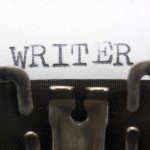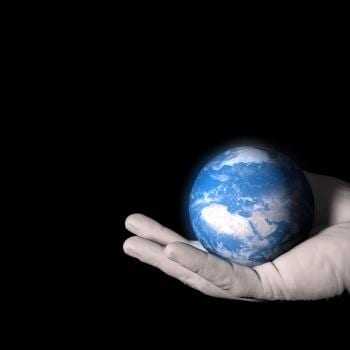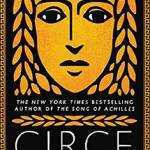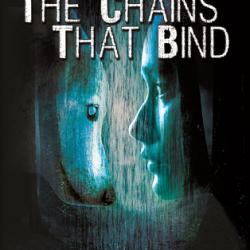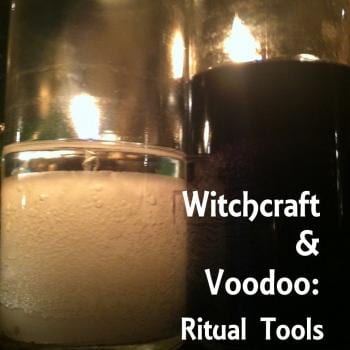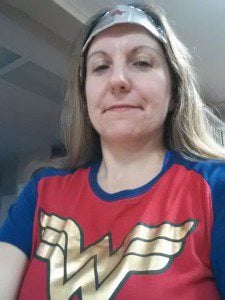
Why all the hullabaloo about Wonder Woman? Why is this movie such a big deal? Why has it become, as a writer who’s opinion I respect has put it, “a feminist hill to die on?” And why did it matter so much to me?
Let me sing you a song of an older time. It was 1980. I was five. The heady bra-burning days of the 70s were mostly over, and now the world was reeling to deal with the consequences of that. Women in the workforce, challenging the glass ceiling. Women in professions that were the traditional domains of men. Debates about women in the military; were they as capable soldiers as men? Could they be, and could men train and fight with them? Women admitting they didn’t want children but sought a different fulfillment; women admitting they didn’t even want men in their lives at all, in some cases.
If you weren’t there, you can’t know. You can’t know how tenuous that all was. You who came after, if you live in the West, you have grown up in a world in which it’s mostly microaggressions and social attitudes that limit what women can accomplish. But in 1980, we were fighting against the active push of history.
Even me. Even a little five-year-old girl named Diane was fighting this fight.
Age five: “You’re so bossy, Diane.” “That’s not ladylike.” “Children are seen and not heard.” “Good Christian women obey their husbands.” “No, you can’t have Transformers for Christmas. Here’s the latest Barbie.” “Why do you keep stealing your brother’s space Legos? You know better than that!” “Stop climbing trees! You’re going to get hurt! And you’ve ruined your dress again!”
But my Mom told me that a girl could do anything she wanted to do (even while she was critiquing my “unladylike” behaviour” — mixed messages, Mom.) And to prove it, I had Princess Leia, and I had Wonder Woman.
I’ve written about my relationship with Wonder Woman before. Whether it was on the Justice League Saturday morning cartoon, the comics, or Lynda Carter’s live-action portrayal, I wanted to be Wonder Woman when I grew up. How could I not? Her name and mine were almost identical! I even had the Underoos, which my Mom (quite unjustly, in my opinion) would not let me wear to school.
Wonder Woman was a fighter, an adventurer and a planner. Even on Justice League, it was usually her plan or Batman’s plan they would undertake, and she led things when Superman wasn’t around. She rescued the guys as often as they rescued her. And on the live-action show, she was all about defending the rights of women and those who could not defend themselves.
I saw myself in her. Like her, I was adventurous. Like her, I was a fighter, but I was roused to fight only by injustice and cruelty. Wonder Woman had no sword, though she knew how to use one. Her best weapon was the Lasso of Truth, which not only neutralized her foes, but compelled them to confess to their crimes. She was a mythological figure that I could both find qualities in that I liked about myself, and whom I could aspire to emulate.
I also found the Goddess, in part, through Wonder Woman, who has a Moon Goddess’ name, who is an Amazon, who is maybe not quite mortal. I’ve written about that too; how wanting to know about Diana led me into Greek mythology and finally, to the feet of Diana, Queen of the Witches, whose daughter’s holy name I choose to honour because I share a similar purpose. And I have written about how finding the Goddess is both political and religious for me.
30-some years have passed since then. Yesterday I went to see the first ever actual live action Wonder Woman Hollywood movie. How is this is first, after 75 years of Wonder Woman? Wonder Woman was born in World War II, when women were taking on non-traditional roles under the war effort, and finding a courage no one knew they had — even themselves. A little more than 30 years later, Lynda Carter imbued her with all the passion and courage of the feminist movement.
So here we are again. What meaning would Wonder Woman have another 30-some years later? What is it that we seek in her story in this time? This time, when it seems like people would rather forget the struggles of the past hundred years, when it seems like the rights and status of women are under an active, intentional, coordinated assault? When young women do not realize how tenuous all of our gains as a gender are because it has always been this way for them, and when older women do not realize how important it is for women that all genders achieve equal rights and equality or it threatens everything that has been built? This time, when men are struggling to build a new definition of masculinity because we’ve taken the traditional one away and offered nothing to replace it?
So many people have lamented that this simple movie, this Hollywood fight-porn-fest, has become so political. They don’t understand why. But I know why. Wonder Woman has always been political. She challenges tradition. She creates a new definition of femininity in every incarnation of her we are offered. The ones who complain generally do not remember a time when women were only secretaries and never executives. But I remember.
So I told all my female geek friends, “Ladies, you have to go and see this movie, even if it’s garbage. Because if you don’t, they won’t give us another female superhero movie again for twenty years.”
People have rightly pointed out that she’s not the first lead female superhero in a Hollywood blockbuster. Electra, Catwoman, Ghost in the Shell; hell, Katniss Everdeen. They’re right. But she’s the first one they took seriously. She’s the first one they gave all the same resources to that they would have given to Superman or Iron Man, one of the first who wasn’t just the spin-off of the masculine main act. She’s one of the first they didn’t try to sell with sex. There was not one gratuitous butt shot. Not one attempt to look up her can with the camera. Yes, Gal Gadot is beautiful. But she’s beautiful because she’s tall and statuesque. She has the frowny lines of a deep thinker. She was perfect for Diana Prince.
And in this movie, Wonder Woman was perfect. I saw that little five-year-old Diane I talked about in her as a child, a little adventurer, a would-be warrior who wanted to save the world, who was thwarted at every turn until she thought her way around the problem (or persisted out of sheer stubbornness.) Emerging into the world, I saw the adolescent Diane; she was naive and blithely believed that she could save the world through sheer courage. She was shocked and horrified, wounded in spirit even, by the horrors that humanity could inflict upon each other. She genuinely did not understand how people could be so cruel. I have felt this pain. I grieved with her.
World War I was perfect for this. This was “The Great War,” “The War to End All Wars,” and the use of chemical weaponry featured as a prominent threat. You may not know this, but I have recently read a lot of turn of the 20th century science fiction, and I tell you, World War I is when we became modern people, awed and horrified by the realization that we now have within our grasp the horrific power to destroy ourselves and maybe our whole world with us. The reason why we do not use chemical weapons now, why they are strictly forbidden, is because people then had the same existential horror of chemical weapons that we do of nuclear ones. Science fiction writers speculated that all that poison would leach into the earth and kill all life slowly, or that it would poison the atmosphere until we all asphyxiated. And this is what confronted young Diana, princess of the Amazons when she left the Amazons’ island paradise, an excellent metaphor for leaving childhood.
I don’t know if it was the directors intention, but there was something very Joan-of-Arc-like about this incarnation of Wonder Woman. She was infused with a holy purpose, and believed in this cause so wholeheartedly that it made others believe it too. And ultimately, she was not entirely correct in her interpretation of events! But her courage and compassion inspired others to be courageous and compassionate. It inspired them to find “courage” in the French sense; it gave them heart. And despite all of her capability in combat, she fought only to defend those who could not defend themselves.
In all of this, she chose to bestow her love upon a mortal man, a soldier. And may all the gods grant that anyone who seeks romantic partnership with a man will find one like Steve Trevor. He was honest and compassionate. He was both protective and supportive. He was heroic and he was delighted by Diana’s heroism.
In the end, I found the woman I am now in Diana Prince. She grows into a woman who has made mistakes, who has loved and lost, who has suffered and bled, and who ultimately continues to fight the good fight anyway, defending those who cannot defend themselves, convinced that the patient force of love is the greatest of all powers.
I find it difficult to write more about how this story moved me without giving away the plot for those who have not yet seen it, so I won’t. But I will say that in this Wonder Woman, I found the face of my Goddess. I finally, at last, saw the telling of the myth that I wanted — no, needed — to be told. For me, it was both affirmation and Passion Play — as I’m sure it is for many others, from passionate and powerful women to the passionate and powerful people who love them.
I was there in my Priestess’ garb of Wonder Woman T-shirt and tinfoil tiara — not Underoos, but pretty close. And in this modern myth, I found holy communion.
Like Between the Shadows on Facebook and never miss a post!

